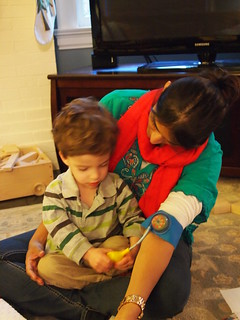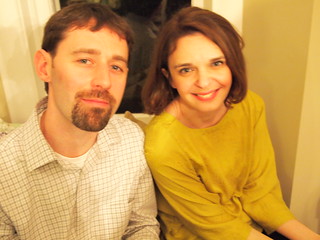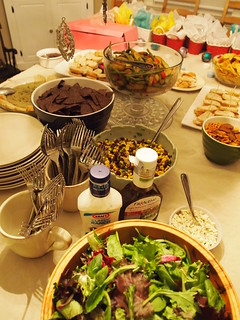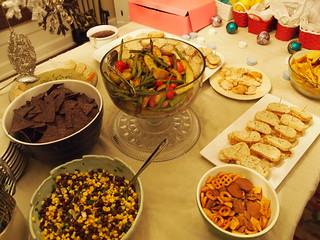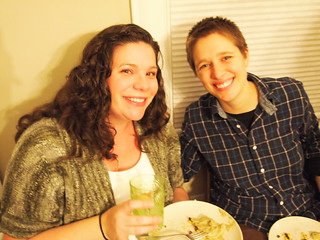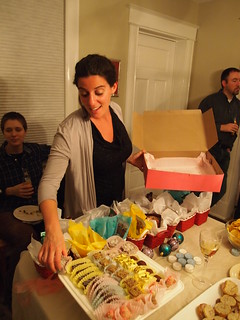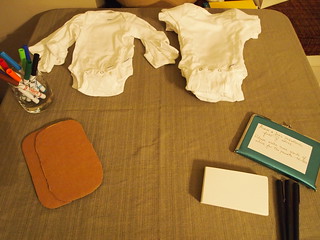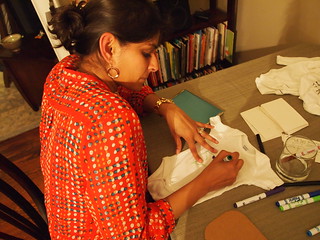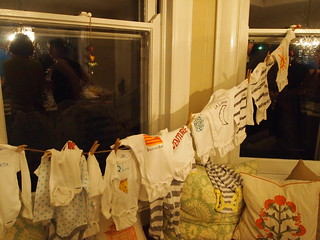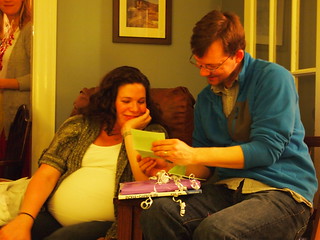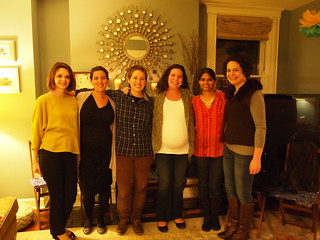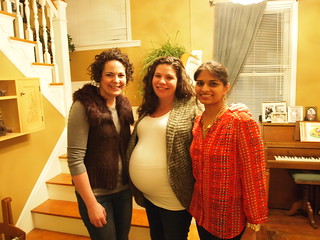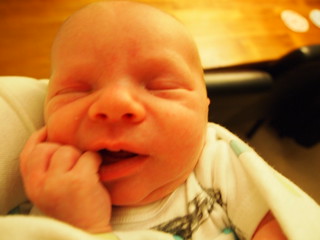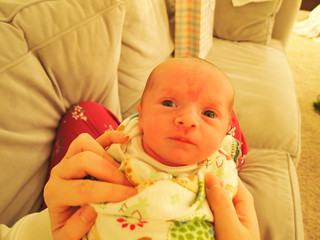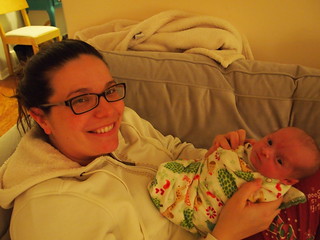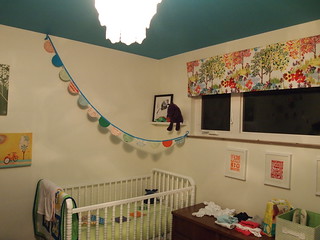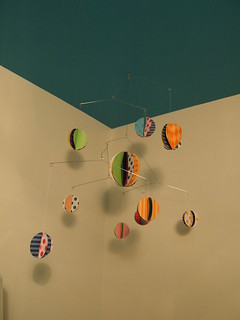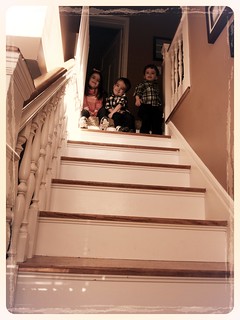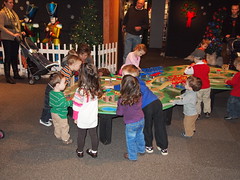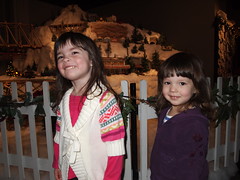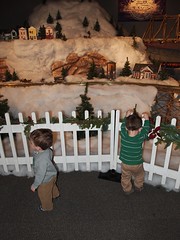
When you have twins, the first baby to come out is Baby A or, in our family, Owen. The second baby to come out is Baby B—James. At 4 lbs., 15 oz., Owen was almost twice the size of James at birth. Owen was released from the NICU first. He slept through the night first. He crawled first and he walked first.
Thankfully, miraculously, the boys have lived out their first 7 years with little competition (an ideal I hope remains although I imagine the teenage years will be different). The few times Owen used the “I’m older” line, we quickly put it to rest. After pushing Owen out, James, who was in distress, was quickly pulled out 2 minutes later. “You are the same age,” I said. “Exactly the same. I was there. I know.”
In that moment, I was giving birth to both. I didn’t give birth to one, stop, and then give birth to the other. Each of those contractions represented my body giving birth to both.
But still, it’s as if the labels given to them when they were still arms and elbows and feet and heads making small but distinct mounds that moved mysteriously across my stomach, one on top and one on bottom, have stuck. In addition to reaching milestones second, James has also always been smaller, fitting into Owen’s clothes only after Owen has grown out of them. James entered our world weighing 2 lbs., 13 oz.; today the heft of his body when he curls up in my lap still surprises me.
To each other, though, and to us, they aren’t Baby A and Baby B. They’re just Owen. And James. With their own personalities and their own approaches and their own ways of handling the rhythms of life. Their pace differs. But so do their tastes. And mostly, such as when Owen won first place in his division at the pinewood derby and James won third, there is excitement for each other. Maybe a little pride. And if there’s disappointment, it’s hidden. I’d like to say this is all because of some great parenting achievement but in reality, it simply has been our reality. They fight, of course, but never seemingly about this. At least not yet. (In the picture below I snapped a shot of one of Owen’s winning races. But what I like most about this picture is James’s hand, patting Owen, so excited for him. I only wish I had captured James’s face, too.)

But still, I have to admit to a bit of gratitude towards a universe that made circumstances align just right so that it was James who made a basket—his first—their first this season—at yesterday’s basketball game. It was the last game of the season, the third year they’ve played, and the only basket James has made during a game, ever.

Like the labels we like to assign seemingly the moment we’re born, this little world of ours likes to celebrate the big things—the solo, the medal, the goals, the first place, the straight As, tonight’s Super Bowl win. But I tend to see more achievement in the B- that was once a solid C. The first steps taken well after the first birthday celebration. The “although you’re not quite there, you’re close, so try again” after 10 years of trying. The first basket after three seasons of not making a single one, while always dribbling the ball down the court with great hope and always still shooting.
I missed it.
I missed James’s basket.
I was digging in my purse for lotion for Sophie who was complaining about her irritated skin thanks to the volleyball pads she was wearing on her knees.
And as I threw both fists up in a belated cheer, my heart sank. For me.
But what I didn’t miss was James’s spark thereafter. He was all in, after that basket. And all smiles. To most everyone in the stands yesterday, James’s basket was no different than the many baskets scored during the many games they’ve played. It was normal. Average. With no need for pomp and circumstance. But to James, it was everything. And much needed. For it was him coming in first for once. It was Owen giving him the high-five as they walked off the court. It was that label, so terribly sticky at times, being peeled back.

“I don’t believe an accident of birth makes people sisters or brothers. It makes them siblings, gives them mutuality of parentage. Sisterhood and brotherhood is a condition people have to work at.” —Maya Angelou


